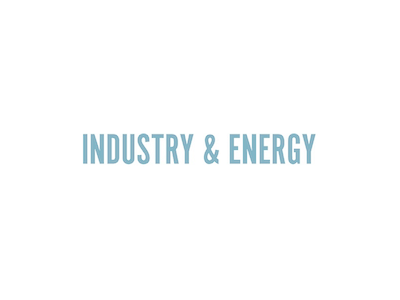United Kingdom – Marine Power Systems and Marine2o are working together to develop integrated solutions to support the production of green hydrogen utilizing marine vessels to transport this energy vector to market.
This initial partnership will help pave the way for the deployment of MPS’ cutting-edge offshore wind and wave energy capture systems for the production of green hydrogen in the UK and international markets.
There is a thriving market for hydrogen, but the majority of it comes from fossil fuels. Electrolysis of water may make hydrogen from renewable energy, which has the potential to displace fossil fuels directly while also creating new demand for systems that are difficult to electrify, such as home heating and industrial processes.
There is a well-developed marine transportation infrastructure today, located near areas of high energy demand. End consumers will benefit from the rapid delivery of this breakthrough energy source by combining low-cost, environmentally friendly hydrogen with marine distribution because there is no need to build expensive transmission facilities or upgrade the existing gas network to accommodate hydrogen.
Leading personalities in maritime finance and engineering came together at Marine2o in London as members of the Gluon Group to propose hydrogen-based marine refueling solutions for the future. Marine2o’s first focus will be on urban waterways, such as Thames-bound vessels, but the company plans to expand its operations to other sectors of the marine economy in which Marine Power Systems can contribute. As part of Marine2o’s aspirations to decarbonise ports and urban waterways around the UK and internationally, Marine Power System’s game-changing floating wind-and-wave technology will be critical.
With their flexible floating technology, Marine Power Systems is the only company to be able to harness both wind and wave energy independently or as part of a combined solution. An superb floating basis for a wide range of offshore systems, including electrolysis, water purification, and hydrogen storage, is provided by the best-in-class structural stability and load bearing capacity. MPS has developed and patented this method.
Offshore tidal energy represents a huge untapped renewable energy resource around the world. Even while fixed bottom wind turbines have been used to capture offshore winds in shallow areas, wind and wave energy in deep water remain mostly unexplored and represent stronger energy resources than those found on land.
For remote places or islands that rely on expensive, polluting hydrocarbon fuels for power generation, floating offshore wind and wave turbines are an ideal source of green hydrogen production. Floating turbines and wave energy converters, as well as green hydrogen production, storage, and offloading, will all work together to make green hydrogen more affordable to produce.





